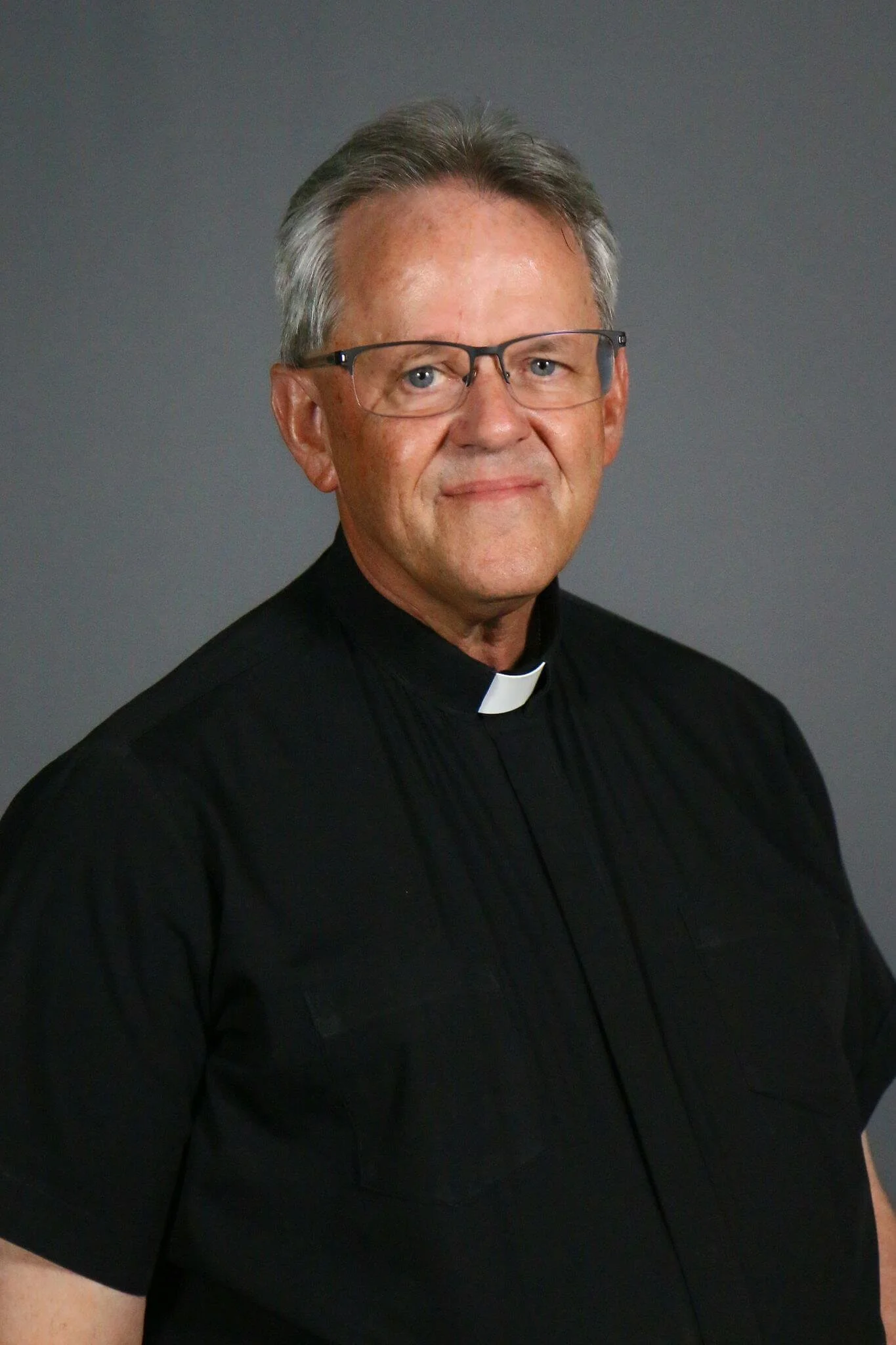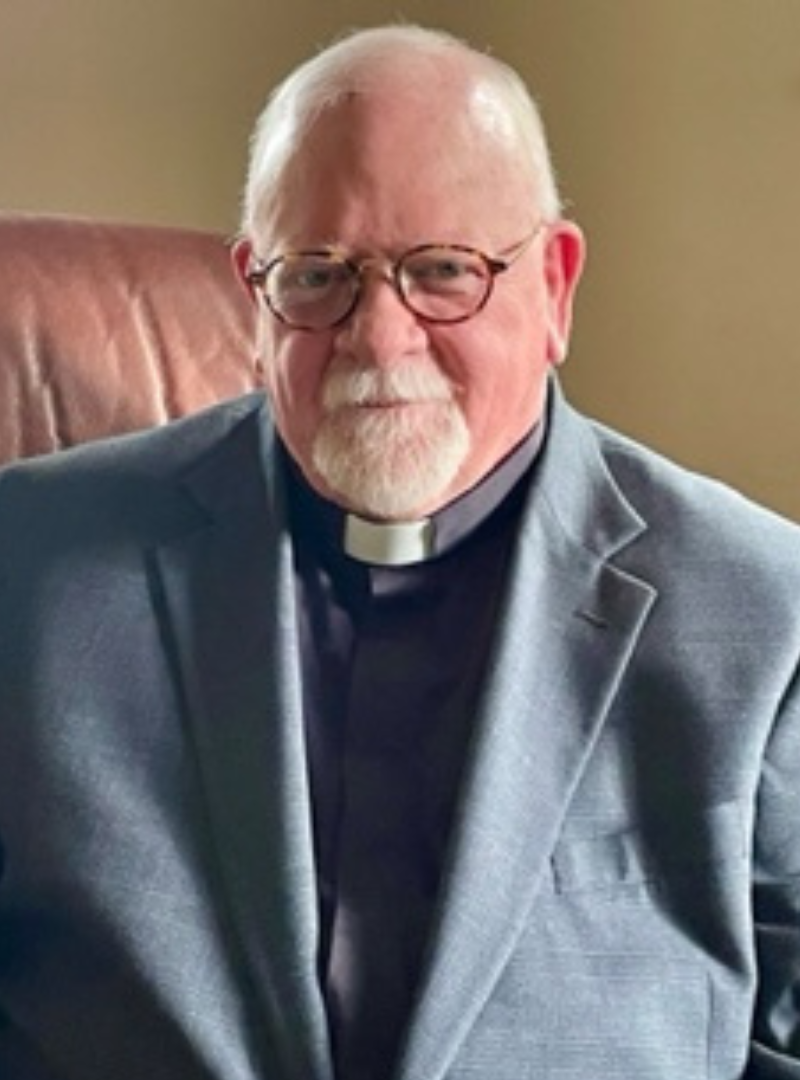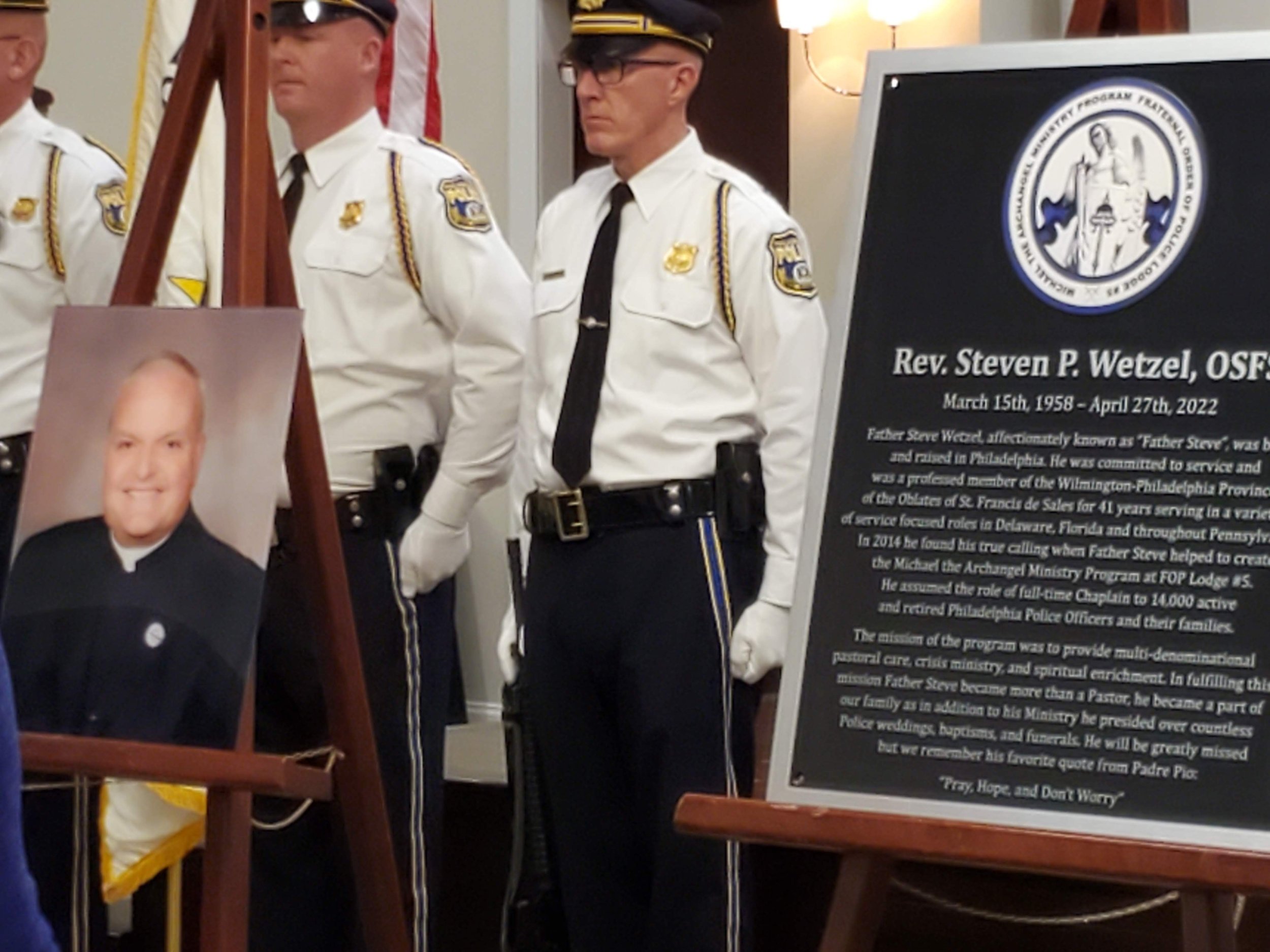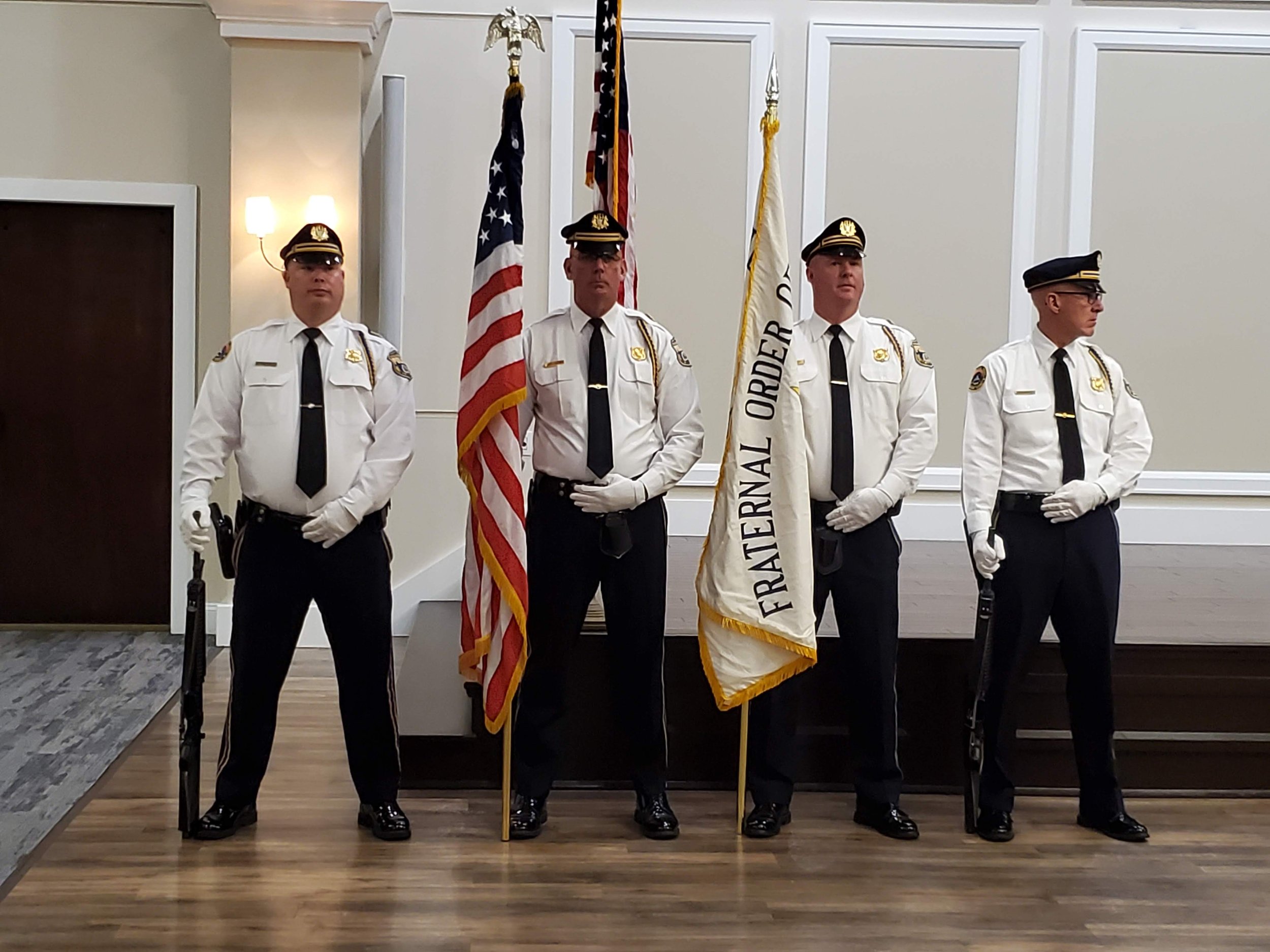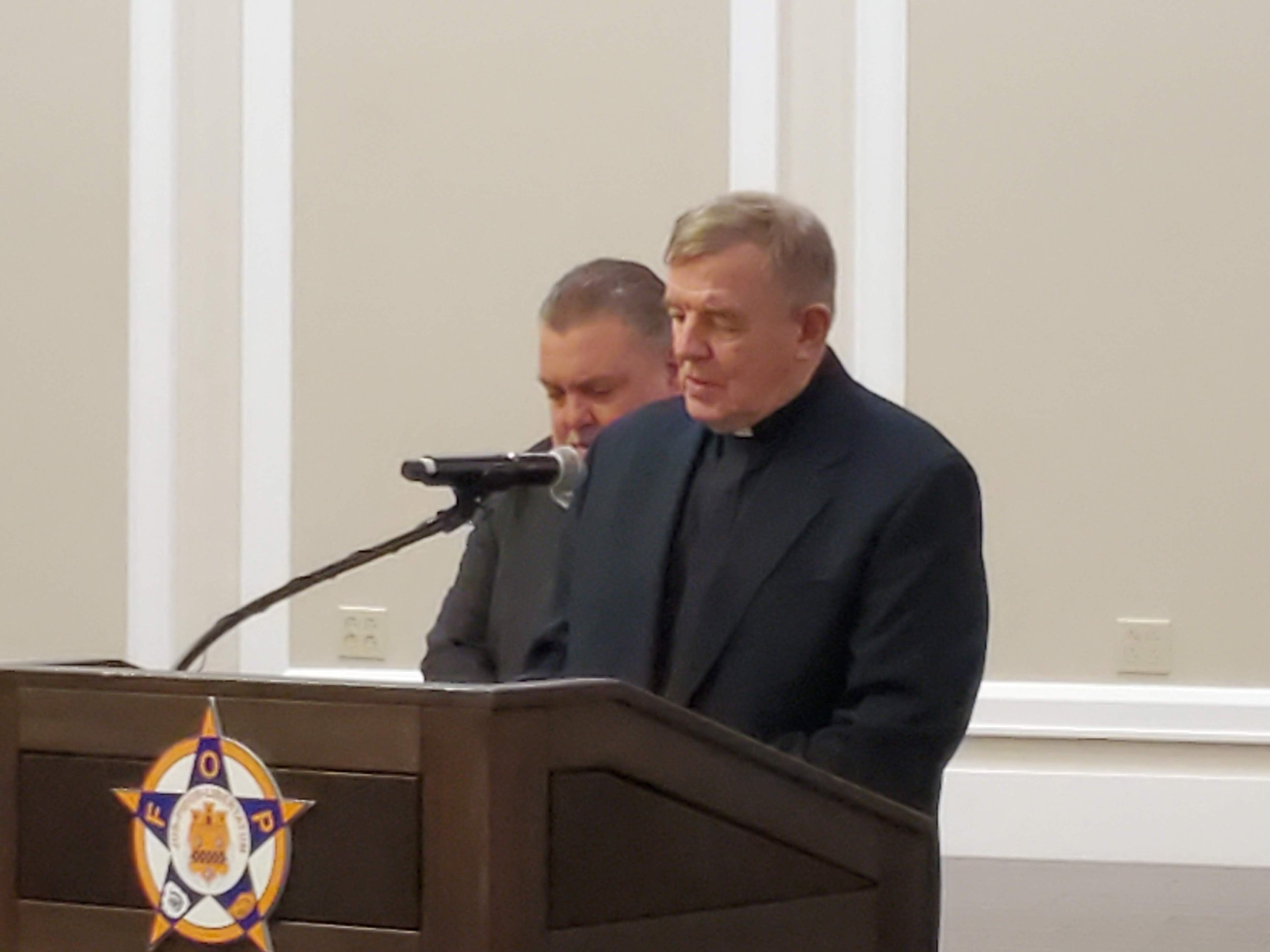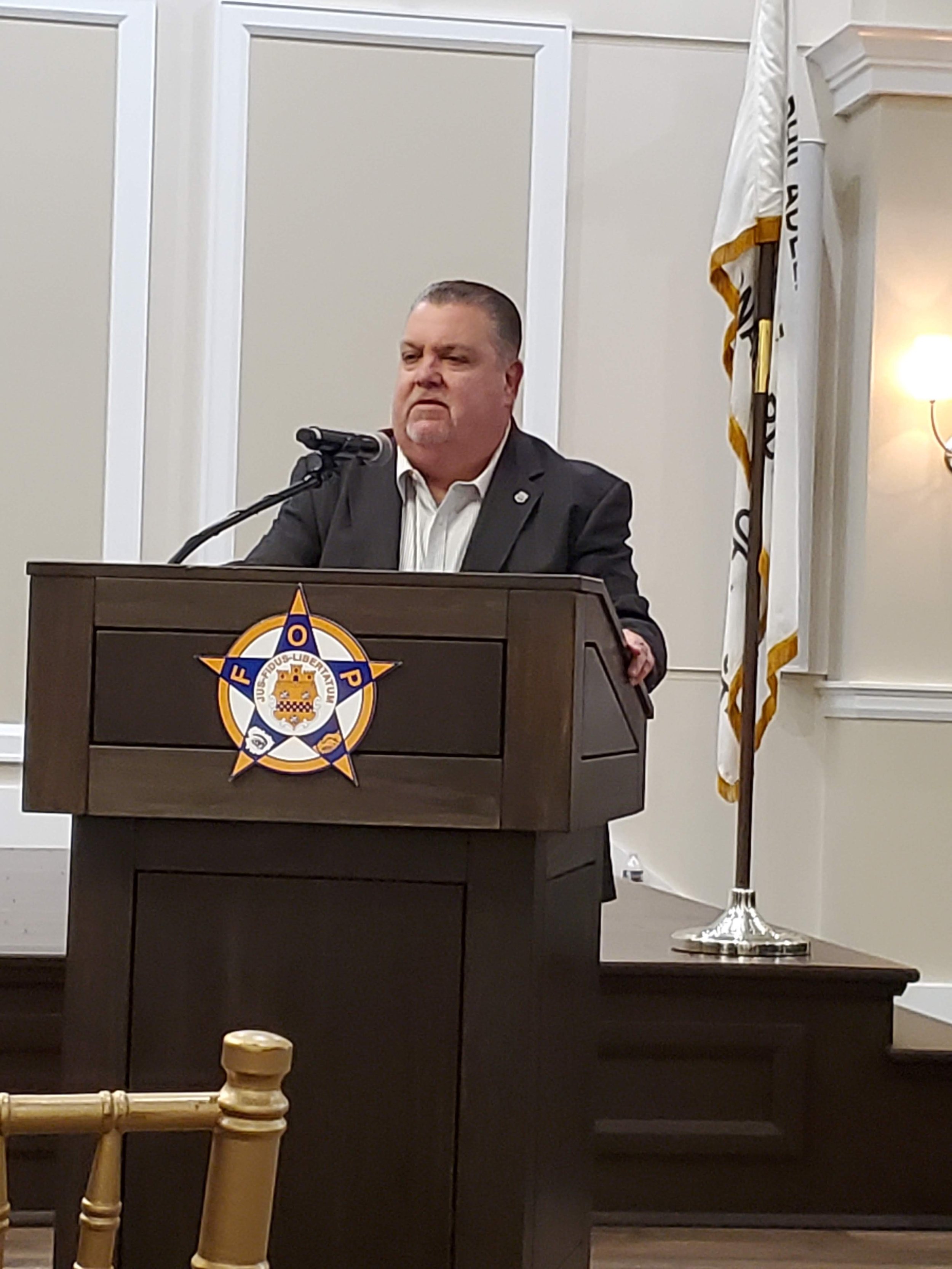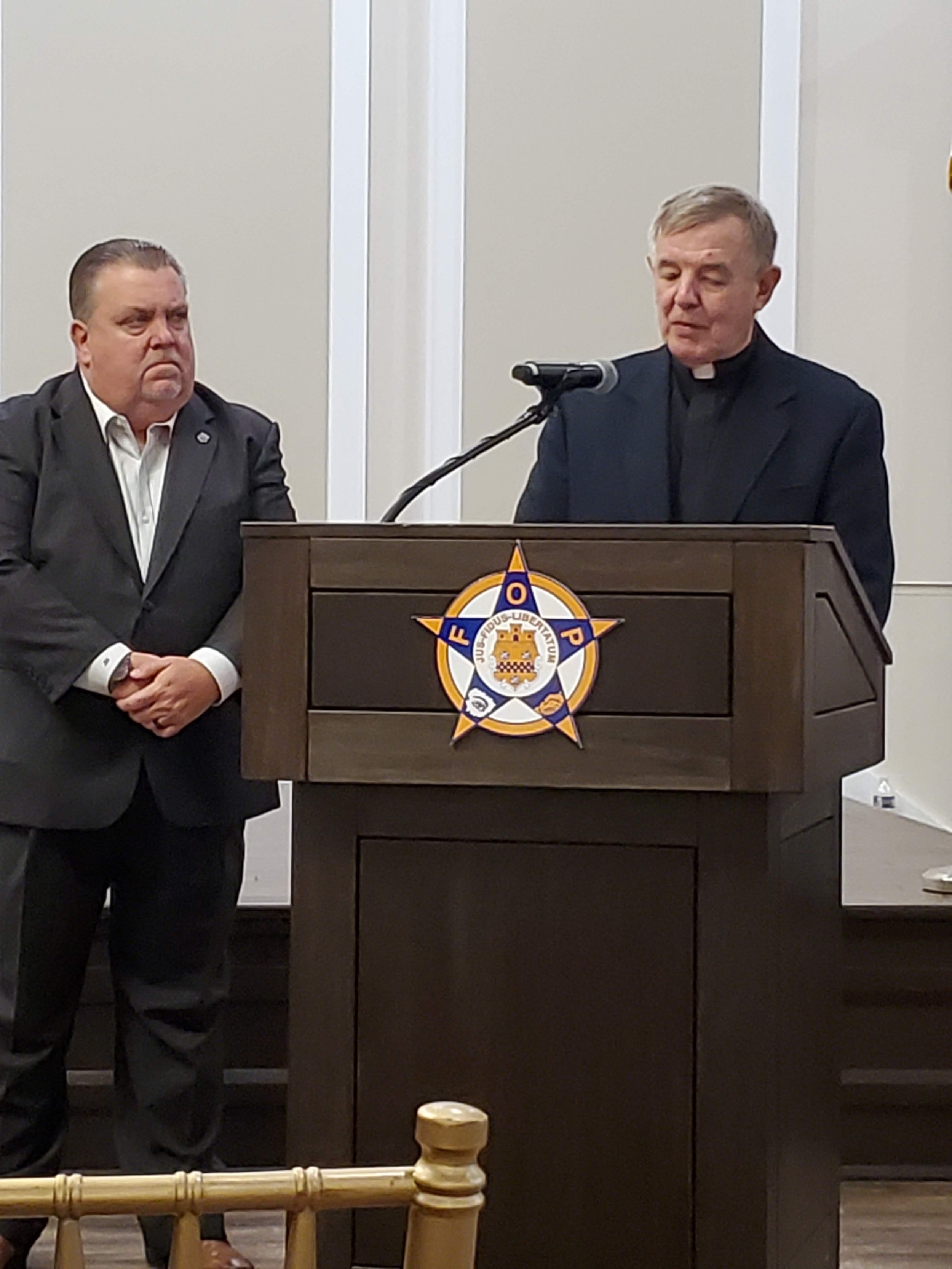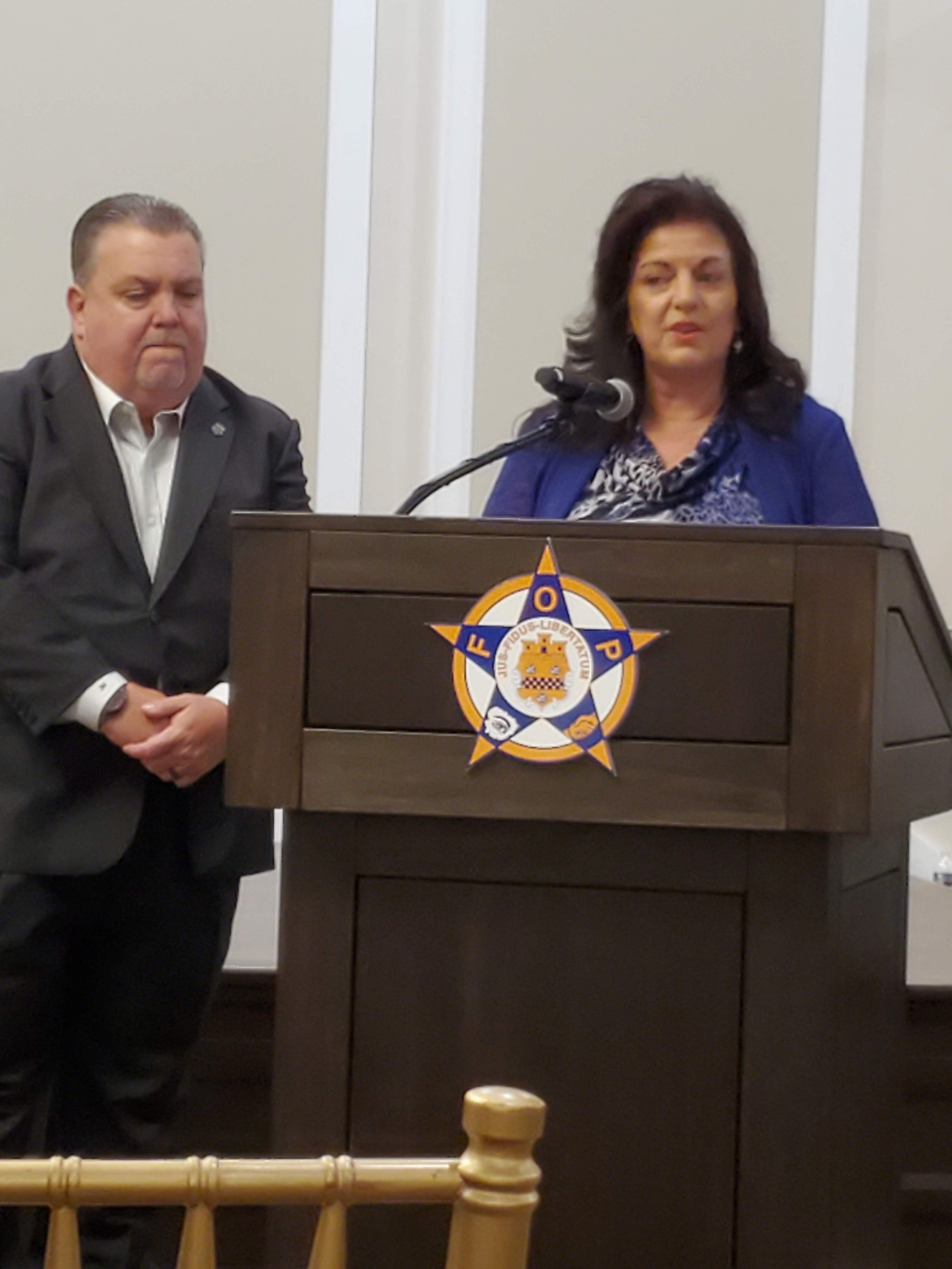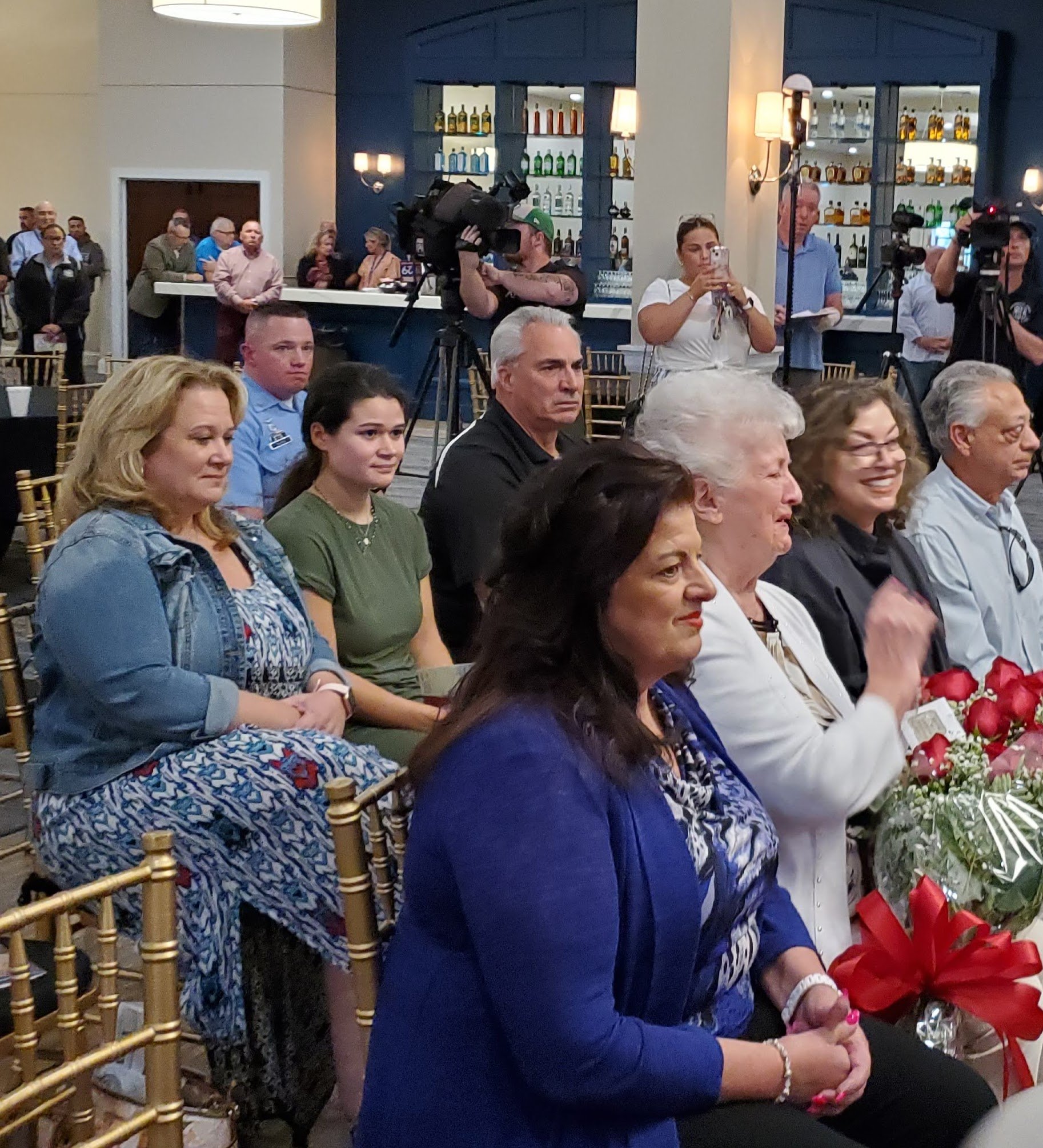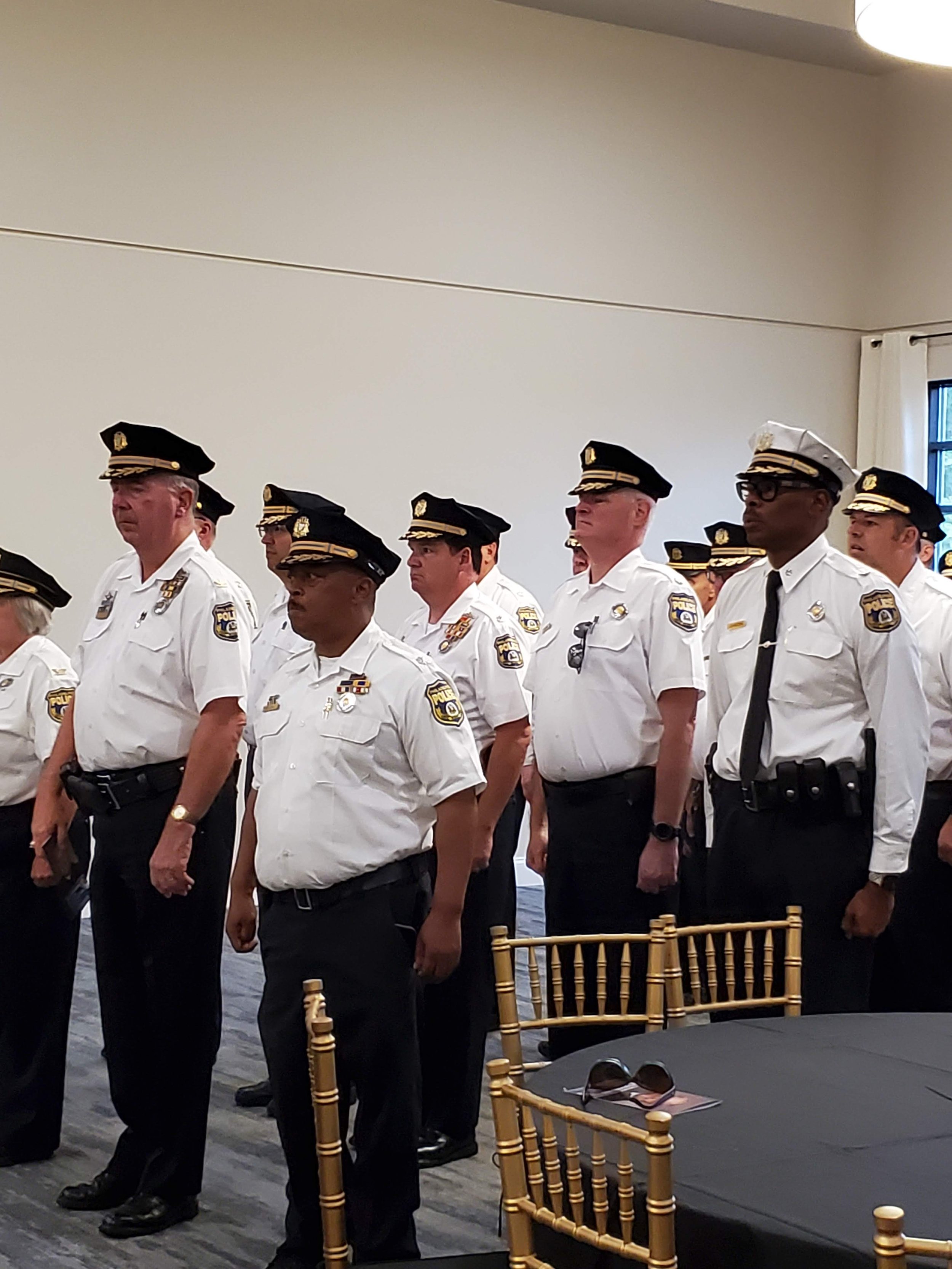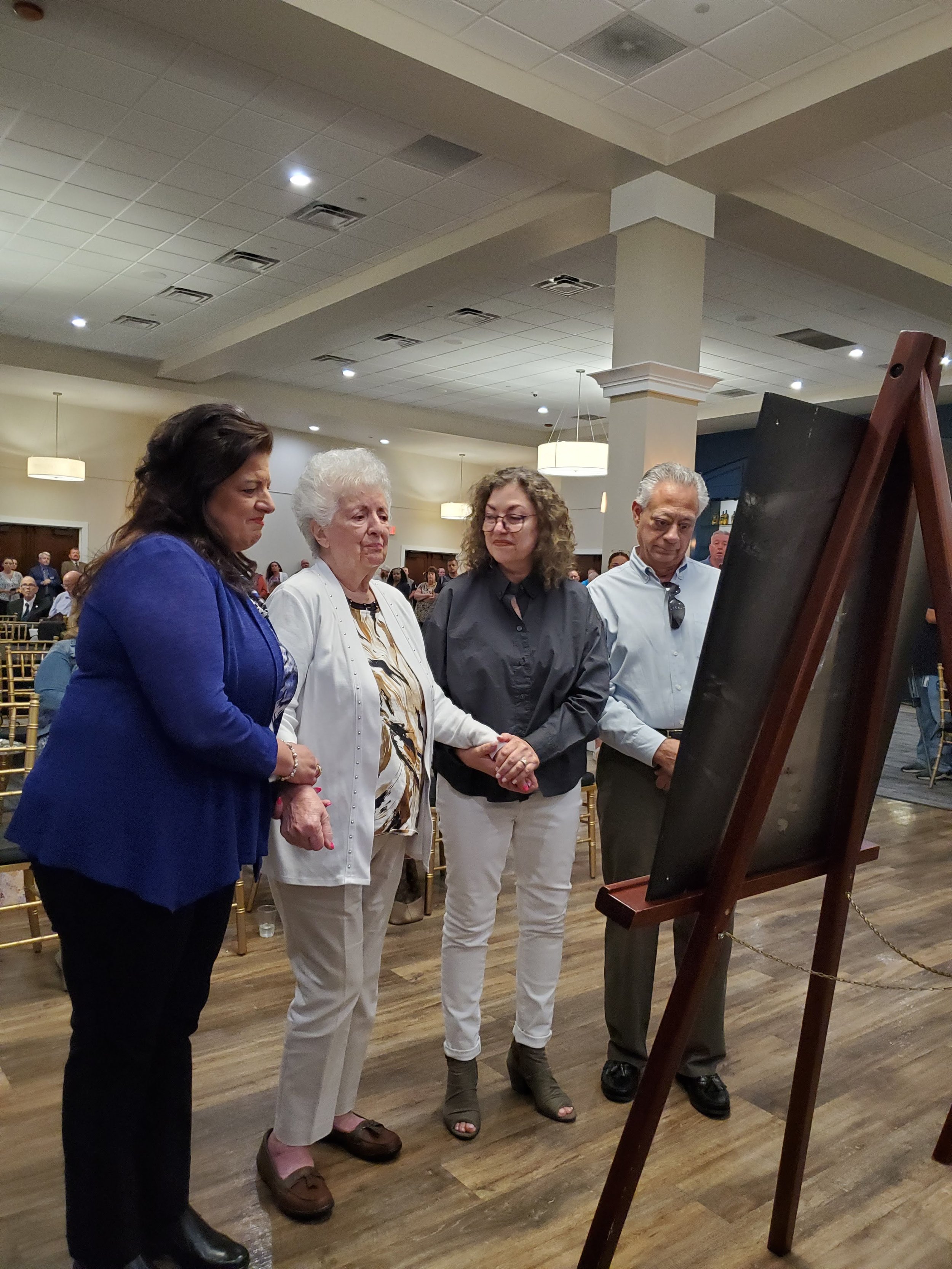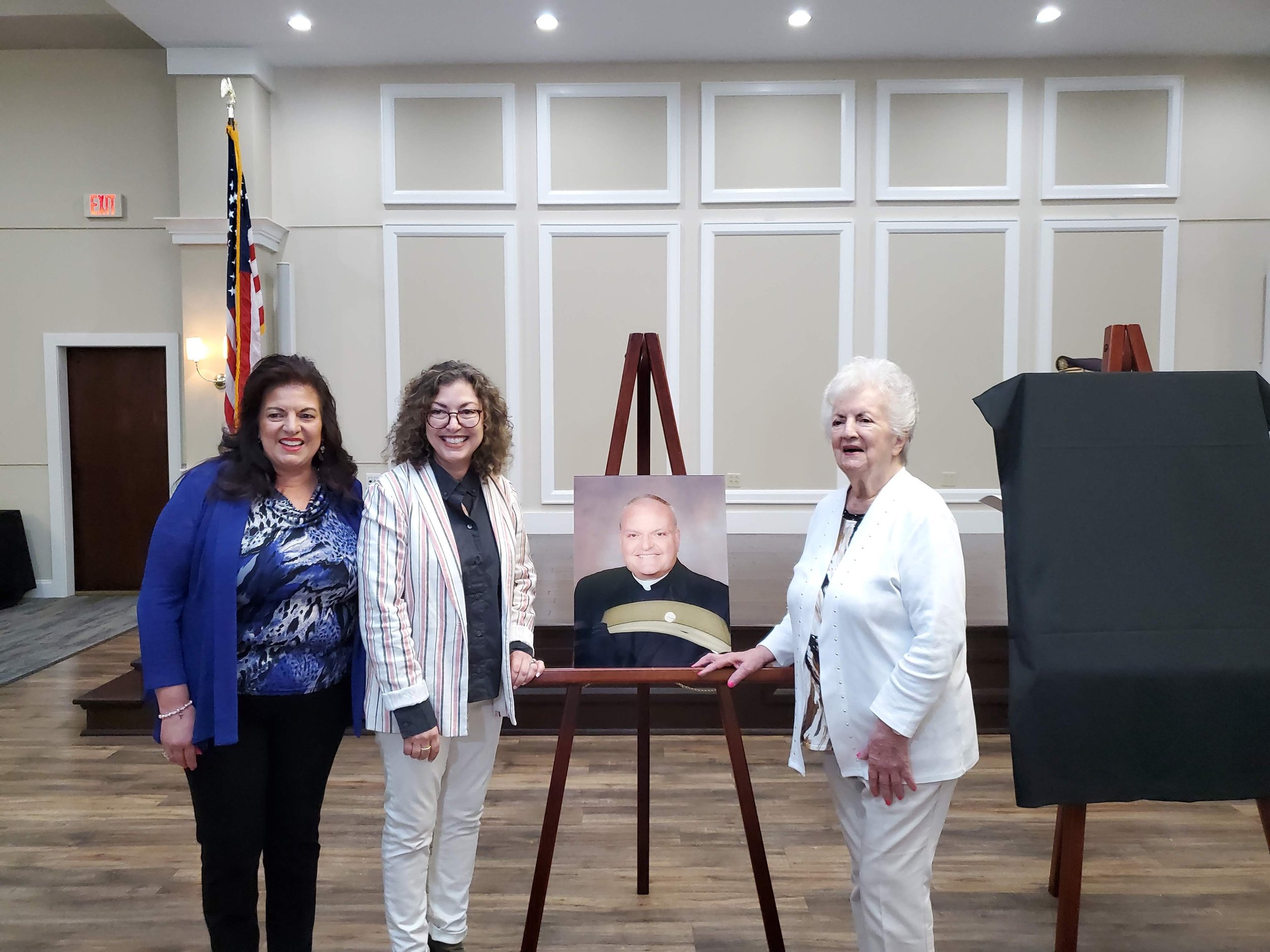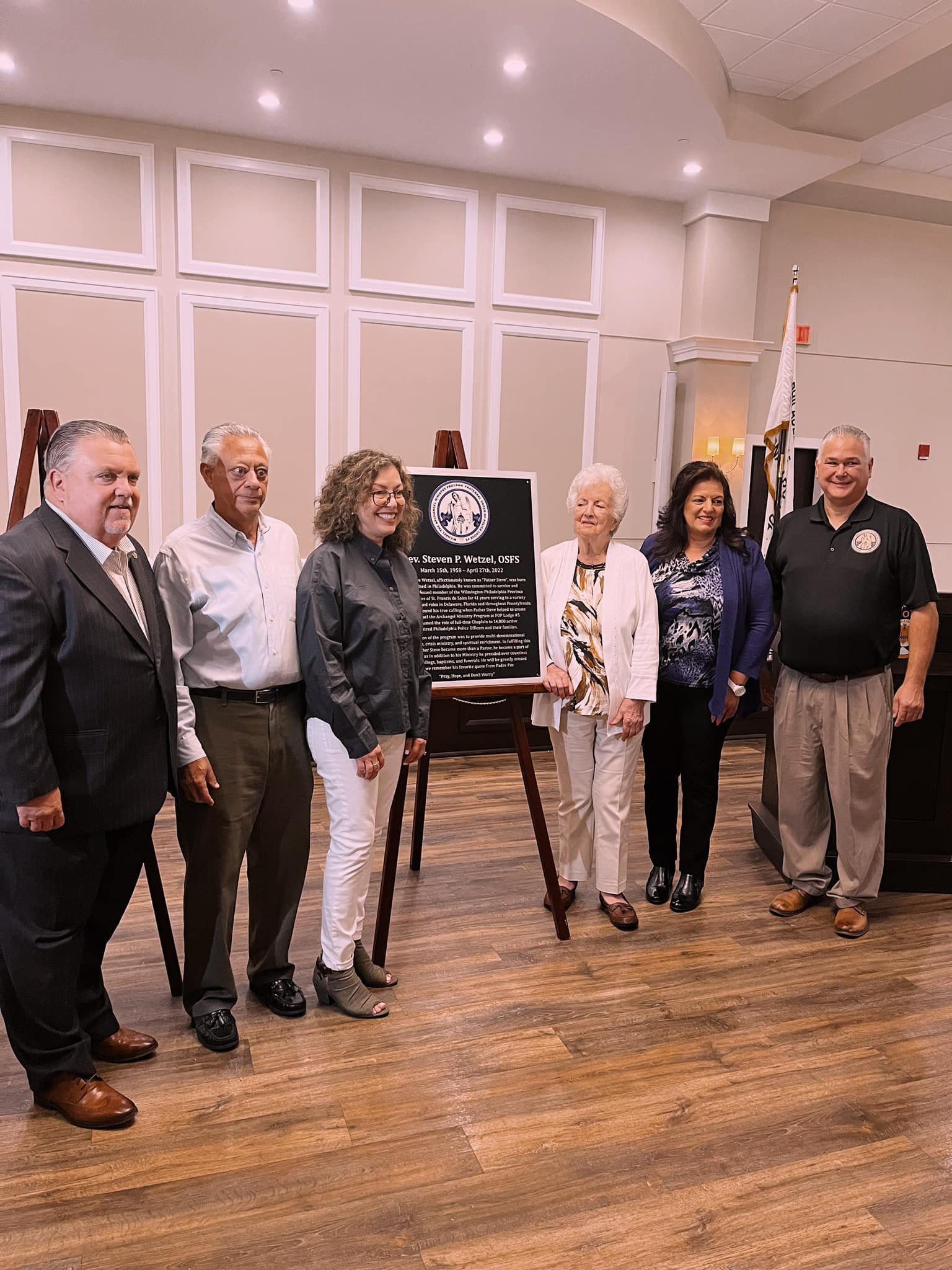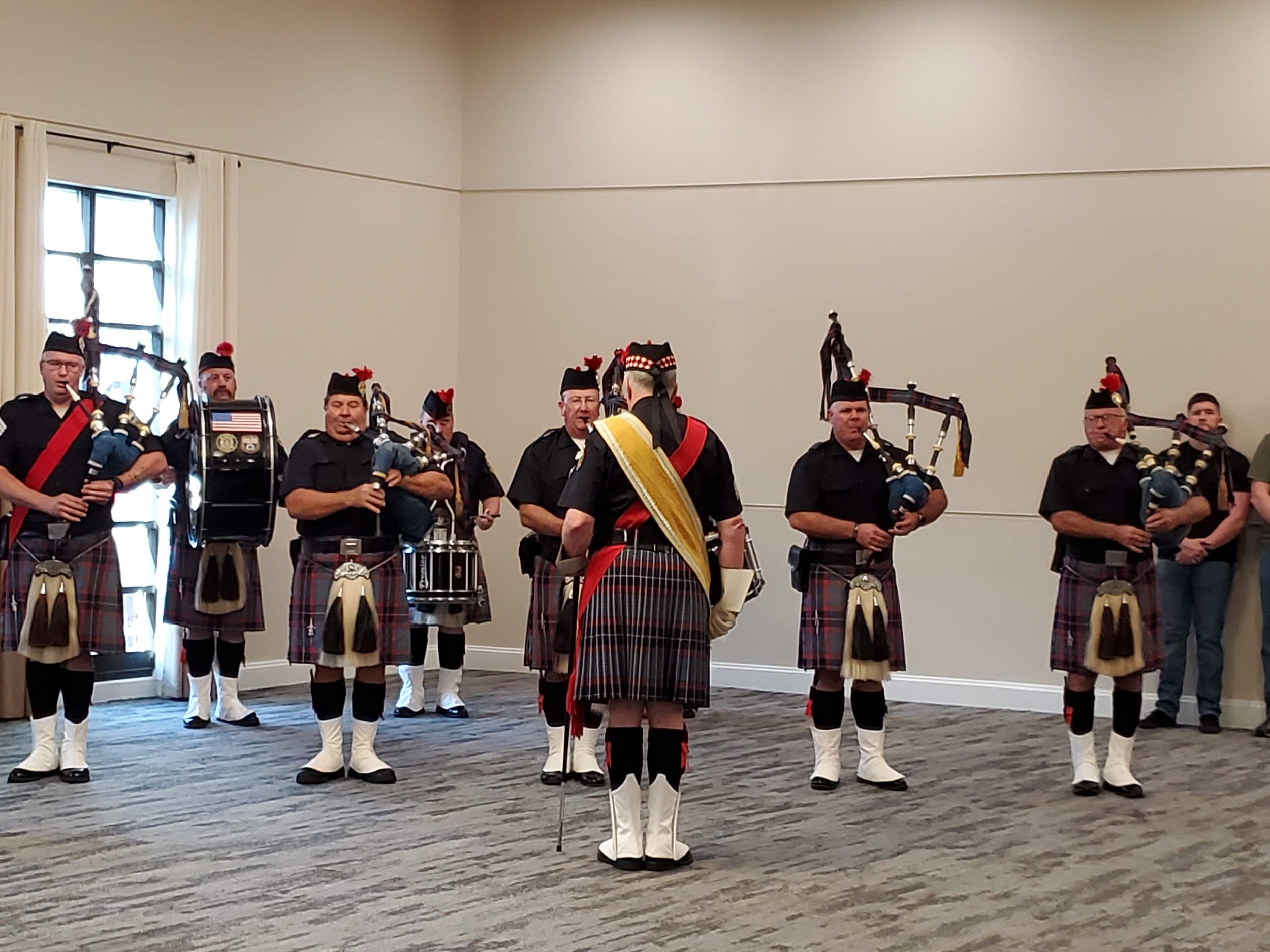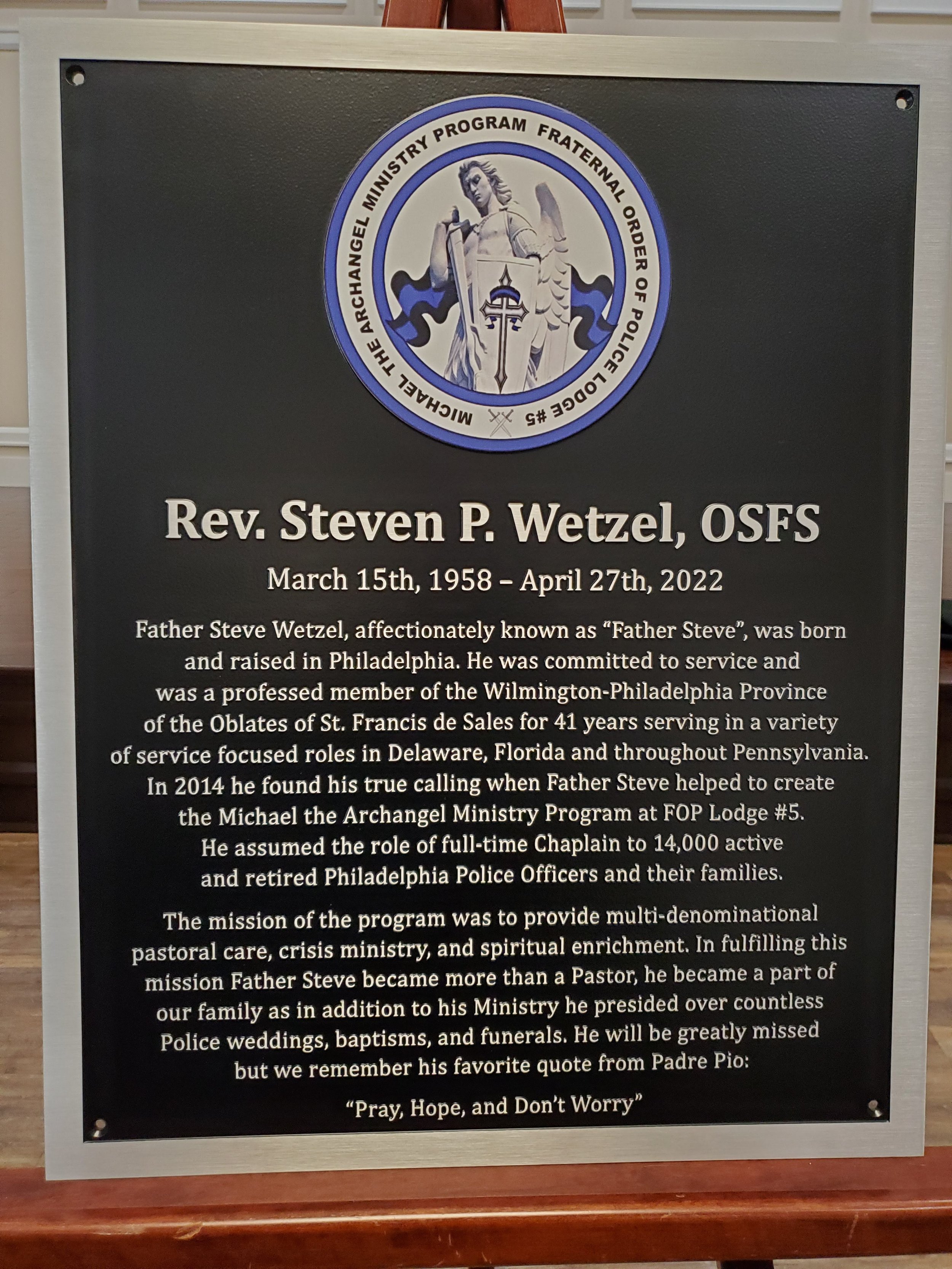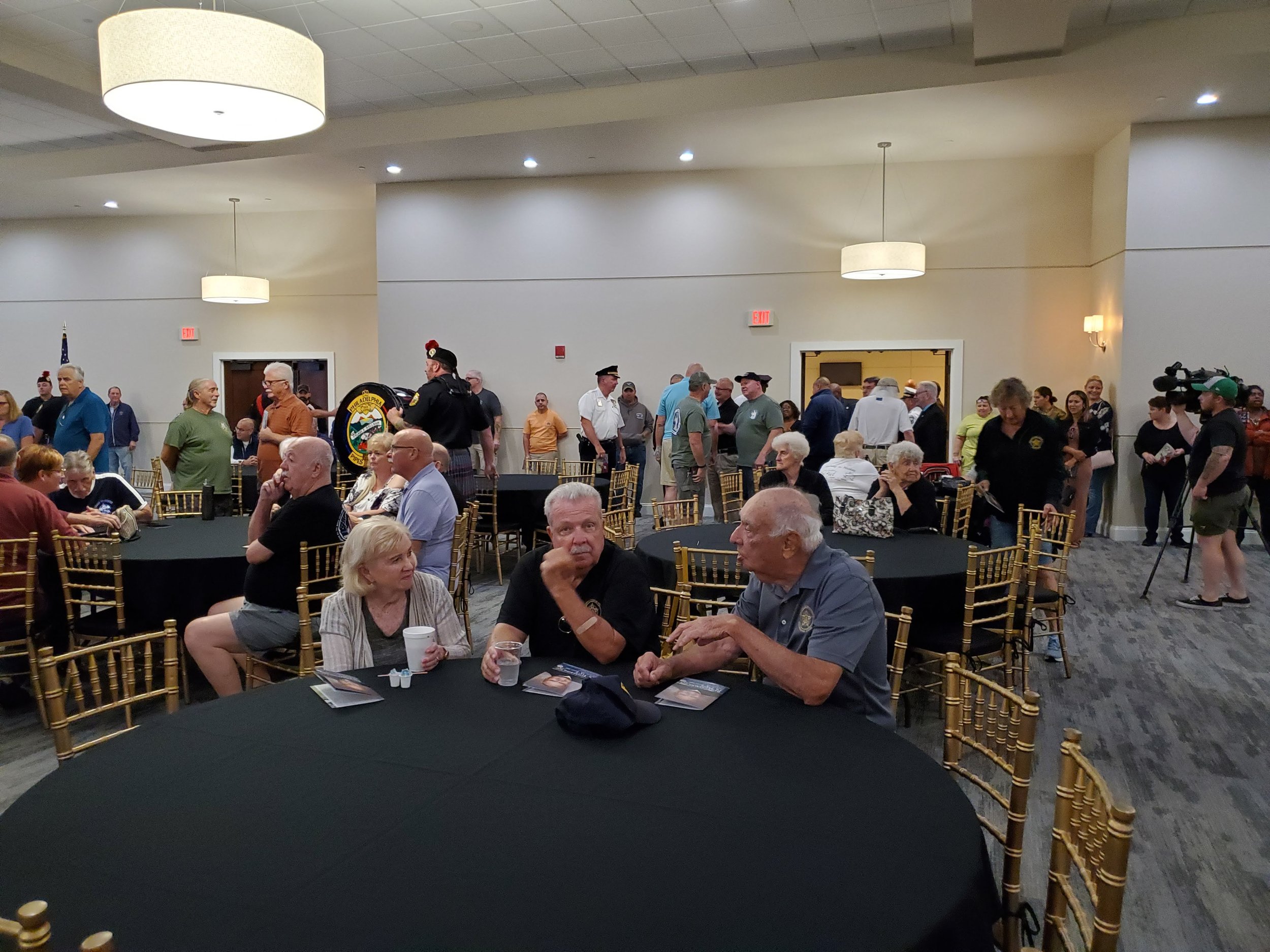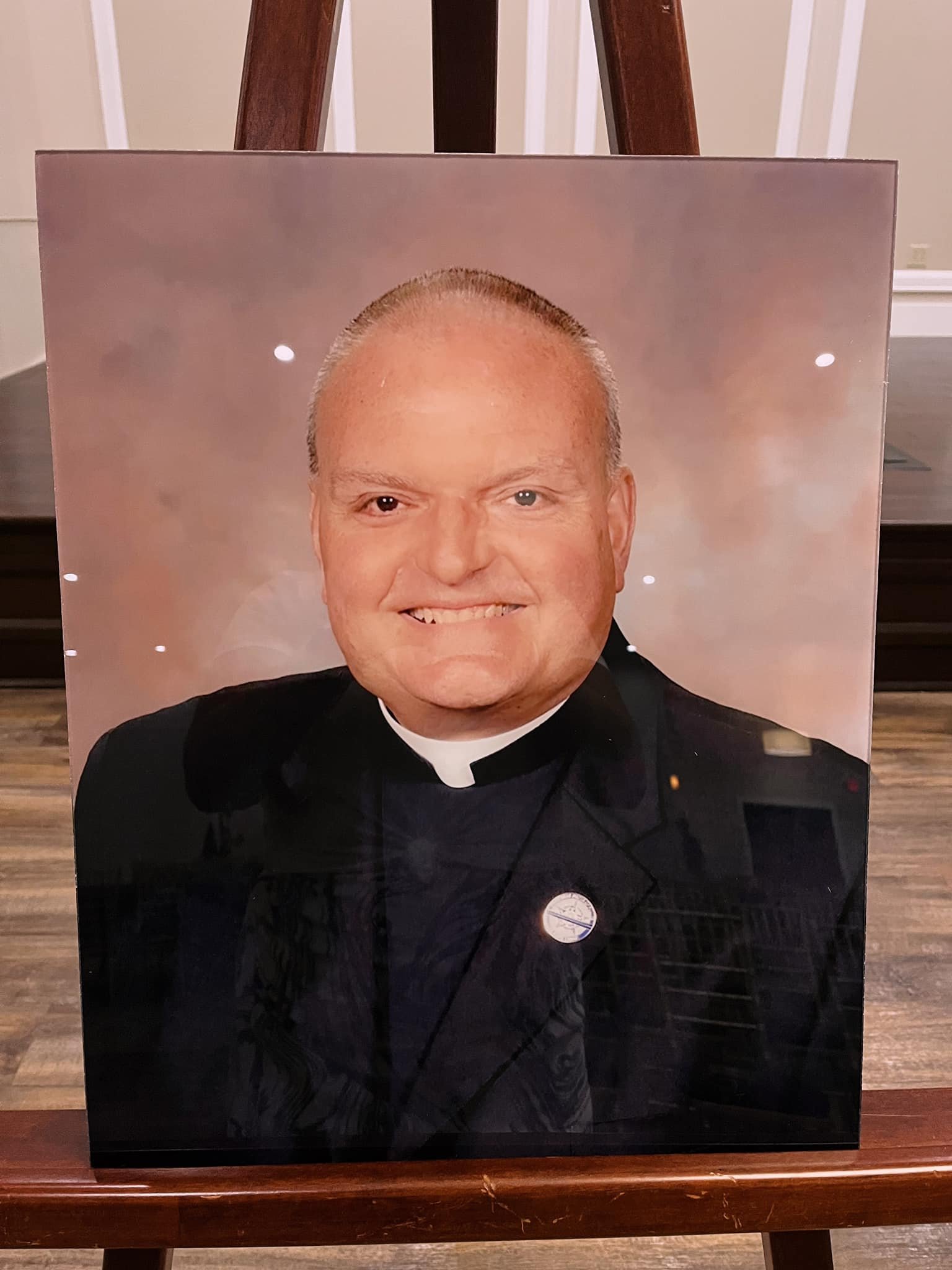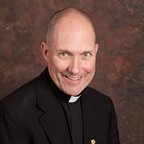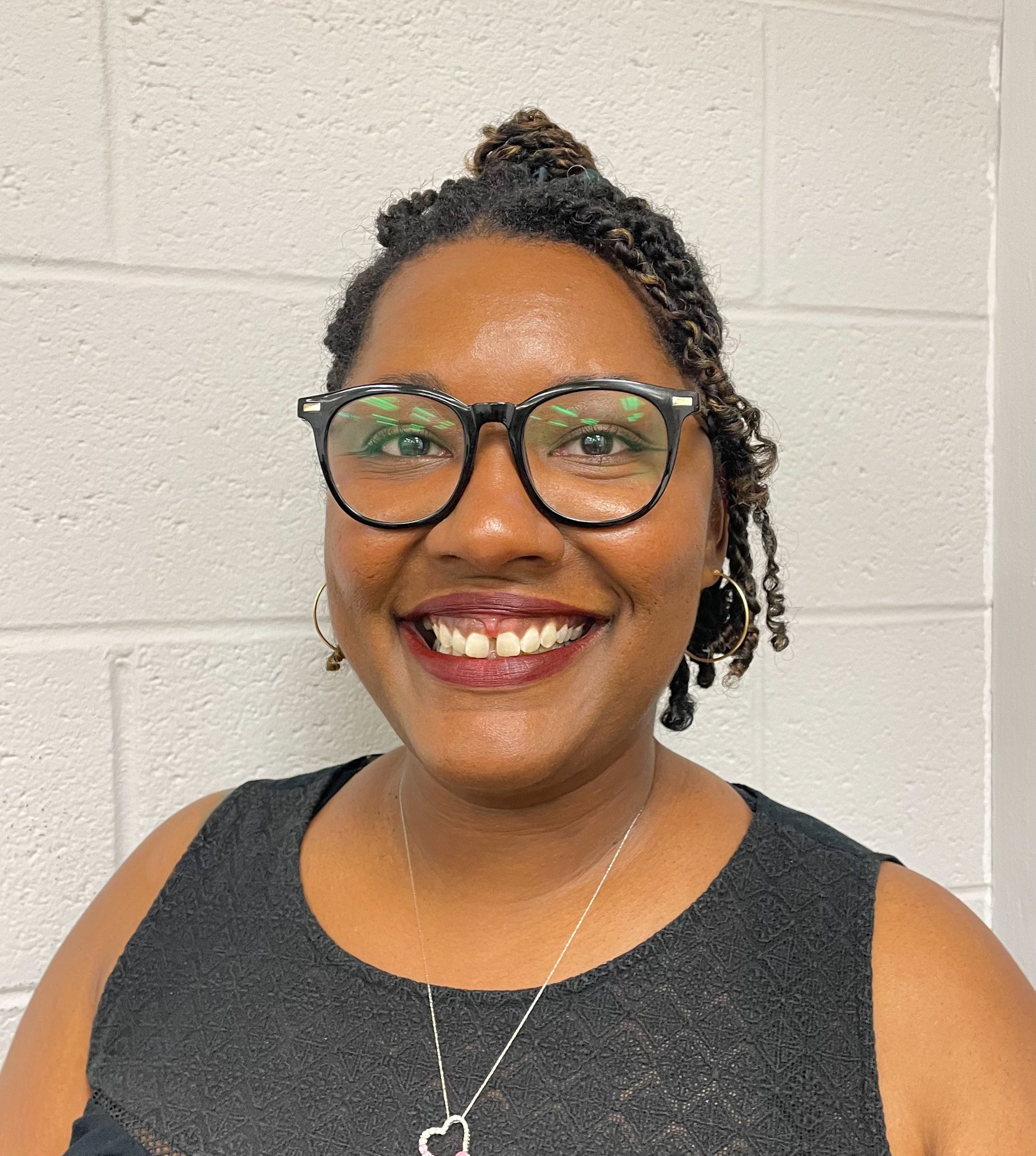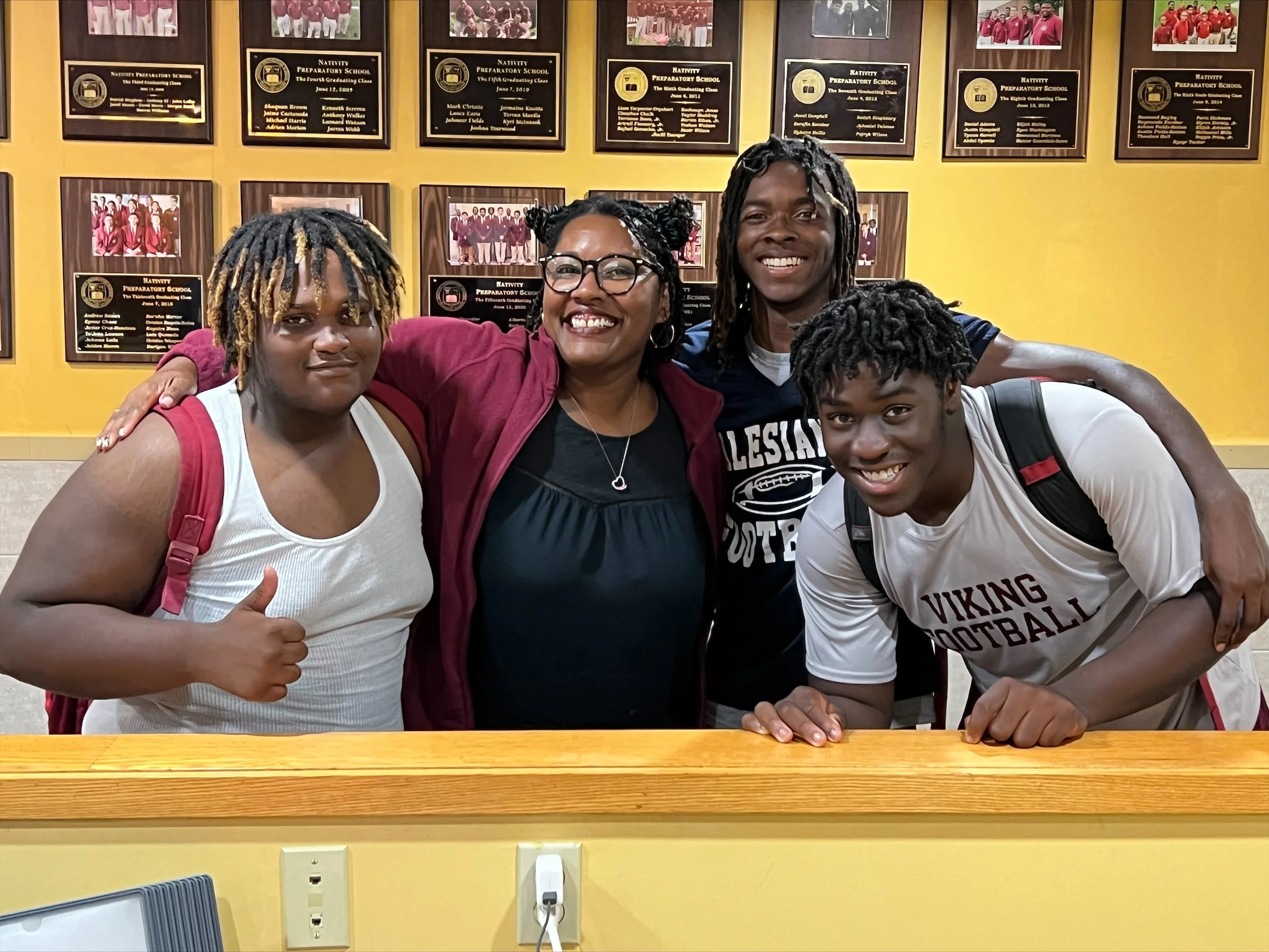Saint Margaret Mary and me... have nothing in common! She was a Visitation nun, living in a cloistered community, in a small town in rural France. I am an Oblate priest, working in an active seminary, across the street from the fifth largest city in the USA. She prayed late into the night. At my age, I’m fast asleep before the late-night news. She was a mystic. Let’s just say I’m not.
Why, then, is the celebration of her feast day (October 16) so important to me? Because she is the “apostle of the Sacred Heart” – that humble and gentle heart (Mt 11:29) which gives rise to the tradition of Salesian Spirituality.
She was invited, literally, to “behold this Heart” when the Lord appeared to her in three apparitions between 1673 and 1675. He also called her to make adoration of His heart universal, which eventually led to the annual solemnity each June.
Saint Margaret Mary saw the Sacred Heart with her own eyes. You and I are not that fortunate. Our “beholding” of the heart of Jesus has to happen imaginatively. That’s not to say it’s fake, but that it works through the power of images. Here, too, the saint is not like me, because she could draw!
She sketched the image above for veneration by Visitation novices in 1686. It shows an interconnection of the heart, the cross, and the crown of thorns, all united around that “charity” that is God’s love, that love that God is.
David Morgan calls this an “ideogram” – not a picture of an actual human heart, but a depiction that conveys the meaning of Jesus’s own heart. As the saint, herself, explains, from the time it was formed in the Incarnation, Jesus’s heart leads to the Cross and to all the suffering He would endure for our salvation.
Saint Margaret Mary shared this image with other Visitation monasteries, so that the Sisters could gaze contemplatively upon it and be reminded of the “passionate” love of the Savior. Appreciating that divine love, so easily and often forgotten amid the throes of this life, is what Jesus wanted to reignite through Margaret Mary. As she recounts, the Lord promised that “wherever this sacred image would be exposed for veneration He would pour forth His graces and blessings.”
The imagery has evolved through the centuries – in paintings and pictures and statues and monuments. But its spiritual power remains the same. Gazing upon an image of the crucified heart draws us intimately toward it. Considering it prayerfully transports us into the vital center of Jesus himself and the grand mystery of God’s sacrificial love for us.
That spiritual perception is the saint’s gift to us. When we truly “see” the Heart of Jesus, the image has a way of acting upon us. In a certain sense, it looks back at us, does something to us, and even challenges us to become what we perceive. In simple Salesian terms, it inspires us to “Live Jesus.”
That’s what Sister Margaret Mary Alacoque did, in a heroic way. That’s why she’s a saint, quite different from me. But with gratitude for the gift of her devotion to the Sacred Heart, I’ll keep gazing, in the hope that one day, God-willing, we’ll share that sacred sight in common.
Fr. Thomas Dailey, OSFS
John Cardinal Foley Chair of Homiletics & Social Communications





